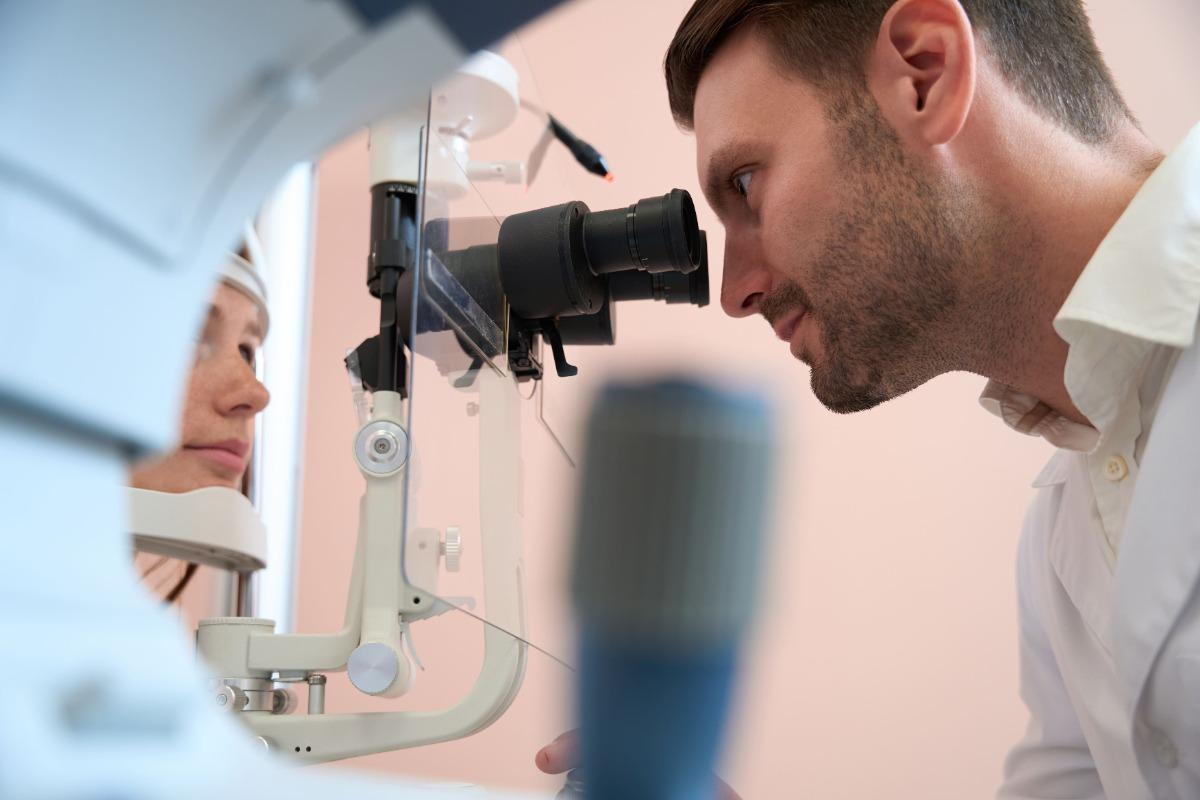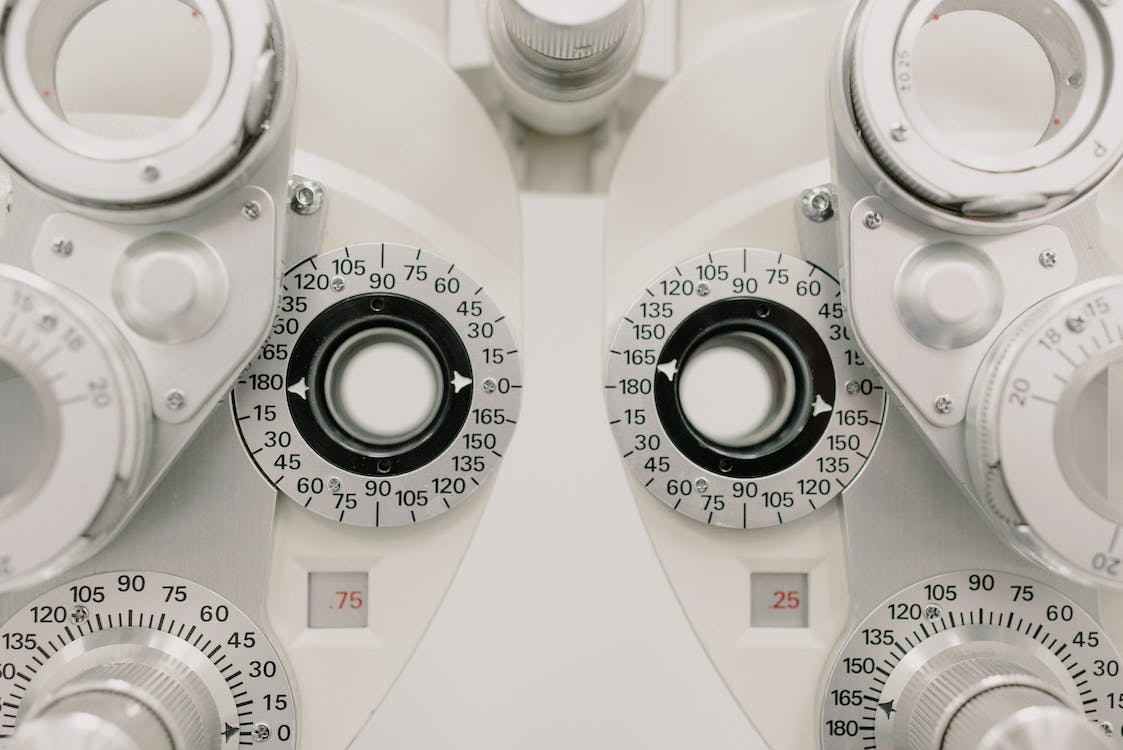All Categories
Featured
Low vision is a problem that substantially impacts day-to-day tasks like reading, driving, or acknowledging faces, despite corrective lenses. For people dealing with such challenges, reduced vision rehab offers a pathway to reclaim freedom and boost quality of life. Let's look into the readily available options for low vision recovery and how they assist individuals navigate the world more with confidence.
Comprehending Low Vision Rehabilitation
Reduced vision rehab is a specialized solution made to make best use of the functional capabilities of individuals with irreversible vision disability. This multidisciplinary technique involves analyses, training, and tools tailored to each individual's distinct requirements. The goal is to encourage individuals by boosting their staying vision and mentor methods to adapt to their setting.
Key Options in Low Vision Rehab
Comprehensive Eye Evaluations
A reduced vision specialist carries out thorough assessments to recognize the extent of vision loss and identify ideal interventions. These assessments concentrate on figuring out the individual's aesthetic acuity, field of vision, and light sensitivity.
Assistive Tools and Modern Technology
A vast array of modern technologies and devices are readily available to assist people with reduced vision:
Magnifiers: Handheld, stand-mounted, or electronic magnifiers assist increase the size of message or pictures.
Telescopic Lenses: Useful for distance viewing, such as watching television or analysis street indicators.
Display Viewers: Software that reviews aloud the text on a screen, aiding those who battle with reading.
CCTV Equipments: Closed-circuit tvs magnify printed material or things for less complicated viewing.
![]()
Smart Device Applications: Apps like Be My Eyes or Seeing AI offer real-time aid and descriptions of surroundings.
Training Programs
Vision rehab includes training to maximize using remaining vision and adjust to new devices:
Orientation and Wheelchair Training: Aids people navigate strange areas and make use of walking canes or guide dogs effectively.
Daily Living Abilities: Shows methods for cooking, brushing, and various other daily jobs with limited vision.
Aesthetic Skills Educating: Includes workouts to strengthen field of vision or boost focus.
Ecological Adjustments
Adapting the home or workplace can considerably improve self-reliance:
Installing brighter illumination and contrasting colors.
Adding responsive pens to home appliances.
Organizing furnishings to create clear courses and lower barriers.
Therapy and Psychological Support
Vision loss can be psychologically difficult. Assistance teams and counseling services aid people handle the psychological effect and build durability.
Who Supplies Reduced Vision Recovery?
Reduced vision rehab services are offered by:
Reduced Vision Specialists: Optometrists or ophthalmologists with added training.
Occupational Therapists: Professionals who focus on improving day-to-day performance.
Rehab Therapist: Professionals who help with psychological and emotional support.
![]()
Final Thought
Reduced vision rehabilitation is a lifeline for those living with considerable vision loss. If you or an enjoyed one is experiencing vision challenges, consider getting to out to a low vision expert to check out these transformative recovery solutions.
Comprehending Low Vision Rehabilitation
Reduced vision rehab is a specialized solution made to make best use of the functional capabilities of individuals with irreversible vision disability. This multidisciplinary technique involves analyses, training, and tools tailored to each individual's distinct requirements. The goal is to encourage individuals by boosting their staying vision and mentor methods to adapt to their setting.
Key Options in Low Vision Rehab
Comprehensive Eye Evaluations
A reduced vision specialist carries out thorough assessments to recognize the extent of vision loss and identify ideal interventions. These assessments concentrate on figuring out the individual's aesthetic acuity, field of vision, and light sensitivity.
Assistive Tools and Modern Technology
A vast array of modern technologies and devices are readily available to assist people with reduced vision:
Magnifiers: Handheld, stand-mounted, or electronic magnifiers assist increase the size of message or pictures.
Telescopic Lenses: Useful for distance viewing, such as watching television or analysis street indicators.
Display Viewers: Software that reviews aloud the text on a screen, aiding those who battle with reading.
CCTV Equipments: Closed-circuit tvs magnify printed material or things for less complicated viewing.

Smart Device Applications: Apps like Be My Eyes or Seeing AI offer real-time aid and descriptions of surroundings.
Training Programs
Vision rehab includes training to maximize using remaining vision and adjust to new devices:
Orientation and Wheelchair Training: Aids people navigate strange areas and make use of walking canes or guide dogs effectively.
Daily Living Abilities: Shows methods for cooking, brushing, and various other daily jobs with limited vision.
Aesthetic Skills Educating: Includes workouts to strengthen field of vision or boost focus.
Ecological Adjustments
Adapting the home or workplace can considerably improve self-reliance:
Installing brighter illumination and contrasting colors.
Adding responsive pens to home appliances.
Organizing furnishings to create clear courses and lower barriers.
Therapy and Psychological Support
Vision loss can be psychologically difficult. Assistance teams and counseling services aid people handle the psychological effect and build durability.
Who Supplies Reduced Vision Recovery?
Reduced vision rehab services are offered by:
Reduced Vision Specialists: Optometrists or ophthalmologists with added training.
Occupational Therapists: Professionals who focus on improving day-to-day performance.
Rehab Therapist: Professionals who help with psychological and emotional support.

Final Thought
Reduced vision rehabilitation is a lifeline for those living with considerable vision loss. If you or an enjoyed one is experiencing vision challenges, consider getting to out to a low vision expert to check out these transformative recovery solutions.
Latest Posts
Explore Special Auto Repair Deals in Chicago at Montclare Auto Repair
Published May 25, 25
1 min read
Explore Special Auto Repair Specials in Chicago at Montclare Auto Repair
Published May 25, 25
1 min read
Join WyHy FCU – Top Benefits for Your Future
Published May 24, 25
1 min read